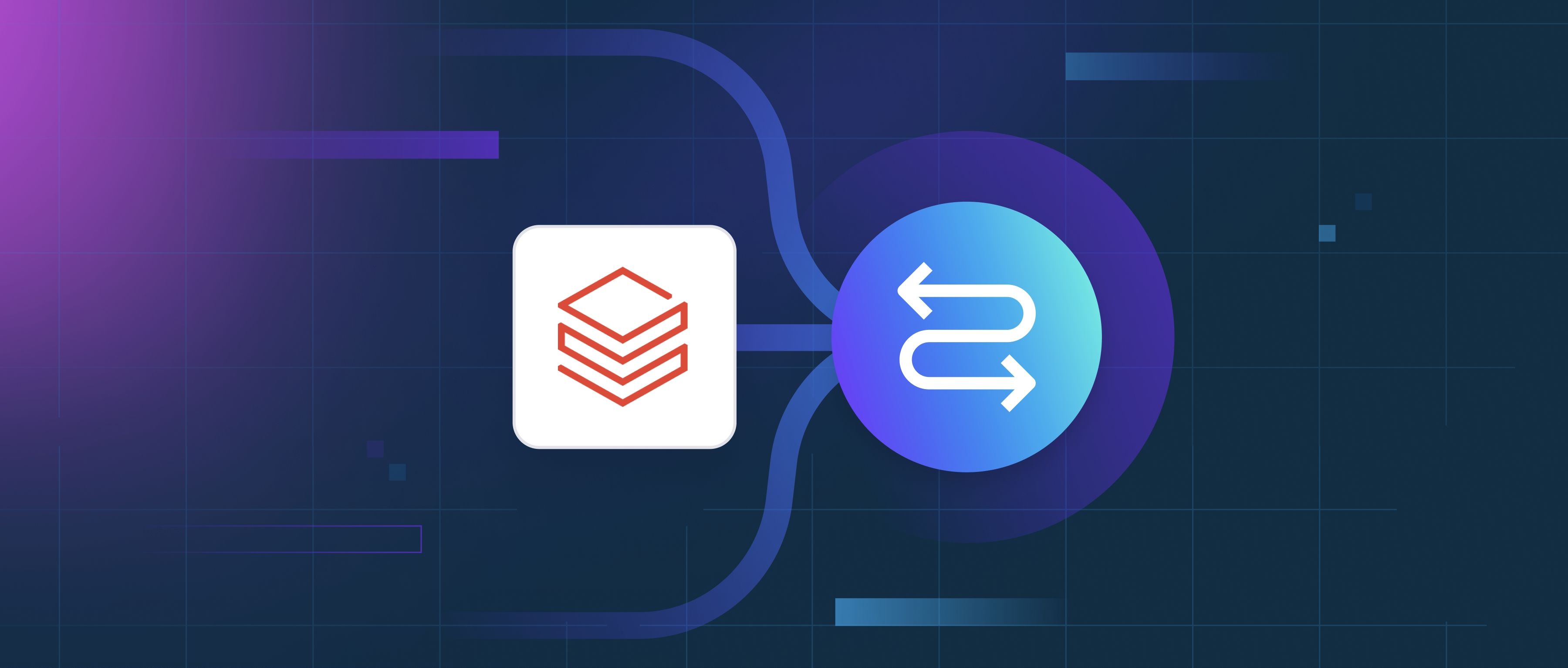Computer vision has made a significant impact across various industries. One of the leading industries benefiting from computer vision is healthcare, where it is used to analyze medical imaging data such as X-rays, MRIs, and CT scans. Computer vision can assist radiologists by detecting and diagnosing conditions like tumors or fractures with high precision. This reduces the chances of human error and speeds up the diagnostic process. In the automotive industry, particularly with the rise of autonomous vehicles, computer vision is essential for tasks like object detection, lane detection, and navigation. Self-driving cars use computer vision to interpret real-time camera feeds to identify pedestrians, traffic signals, and other vehicles, improving safety. The retail sector also benefits from computer vision, especially for inventory management and customer service. Automated checkout systems that use computer vision help speed up the purchase process, reducing lines and improving customer satisfaction. In manufacturing, computer vision is used for quality control, inspecting products on production lines for defects or inconsistencies. Other sectors that leverage computer vision include security (facial recognition and surveillance), agriculture (crop health monitoring and harvesting automation), and sports (player tracking and performance analysis). Computer vision's versatility in interpreting visual data is transforming multiple industries.
What industries benefit most from computer vision?

- Evaluating Your RAG Applications: Methods and Metrics
- The Definitive Guide to Building RAG Apps with LlamaIndex
- Master Video AI
- Retrieval Augmented Generation (RAG) 101
- Information Retrieval 101
- All learn series →
Recommended AI Learn Series
VectorDB for GenAI Apps
Zilliz Cloud is a managed vector database perfect for building GenAI applications.
Try Zilliz Cloud for FreeKeep Reading
How do AI agents manage large-scale data environments?
AI agents manage large-scale data environments by leveraging techniques in data processing, optimization, and automation
What is blob in computer vision?
In computer vision, a blob is a region of an image that differs in properties like color or intensity from its surroundi
What is RAG (Retrieval-Augmented Generation) in NLP?
Retrieval-Augmented Generation (RAG) is an approach in NLP that combines retrieval-based methods with generative models